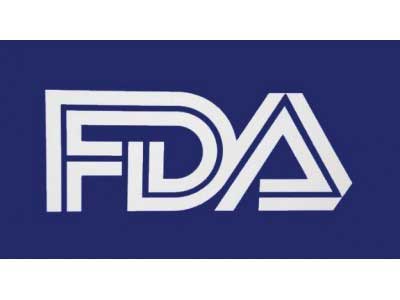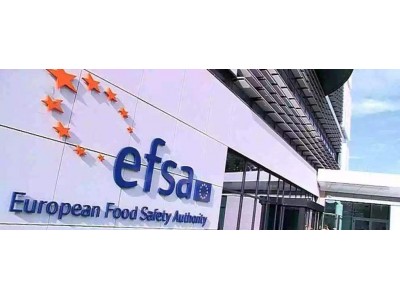銆€銆€鎹簡瑙o紝杩欑椋熷搧閰舵槸鐢包a href='//www.sqrdapp.com/news/tag_2434.html' class='zdbq' title='杞熀鍥犵浉鍏抽鍝佽祫璁? target='_blank'>杞熀鍥燑/a>
鏋崏鑺藉鏉嗚弻鑿屾牚XAN鐢熶骇鐨勶紝鏃ㄥ湪鐢ㄤ簬鐑樼剻杩囩▼鍜屽熀浜庤胺鐗╃殑杩囩▼銆侟/div>
銆€銆€缁忚繃璇勪及锛屼笓瀹跺皬缁勮涓猴紝鍦ㄩ鏈熺殑浣跨敤鏉′欢涓嬶紝涓嶈兘鎺掗櫎閫氳繃楗鎺ヨЕ寮曡捣杩囨晱鍙嶅簲鐨勯闄╋紝浣嗚繖绉嶆儏鍐靛彂鐢熺殑鍙兘鎬у緢浣庛€傛牴鎹墍鎻愪緵鐨勬暟鎹紝灏忕粍寰楀嚭缁撹锛岃椋熷搧閰跺湪棰勬湡鐨勪娇鐢ㄦ潯浠朵笅涓嶄細寮曡捣瀹夊叏闂銆傞儴鍒嗗師鏂囨姤閬撳涓嬶細
銆€銆€The food enzyme endo-1,4-β-xylanase (4-β-d-xylan xylanohydrolase, EC 3.2.1.8) is produced with the genetically modified microorganism Bacillus subtilis strain XAN by DSM Food Specialties B.V. The genetic modifications do not give rise to safety concerns. The food enzyme is free from viable cells of the production organism and its DNA. The production strain of the food enzyme co
ntains antimicrobial resistance genes. However, ba
sed on the absence of viable cells and DNA from the production organism in the food enzyme, this is not co
nsidered to be a risk. The food enzyme is intended to be used in baking processes and cereal-ba
sed processes. Dietary exposure to the food enzyme total organic solids (TOS) was estimated to be up to 0.02 mg TOS/kg body weight (bw) per day in European populations. As no other co
ncerns arising from the microbial source and its subsequent genetic modification or from the manufacturing process have been identified, the Panel co
nsidered that toxicological tests are not needed for the assessment of this food enzyme. A search for similarity of the amino acid sequence of the food enzyme to known allergens was made and no match was found. The Panel co
nsidered that, under the intended co
nditions of use, the risk of allergic reactions by dietary exposure cannot be excluded, but the likelihood is low. ba
sed on the data provided, the Panel co
ncluded that this food enzyme does not give rise to safety concerns, under the intended co
nditions of use.
銆€銆€
鏈枃鐢遍鍝佷紮浼寸綉椋熷搧璧勮涓績缂栬緫锛屼緵缃戝弸鍙傝€冿紝鏈変换浣曠枒闂紝璇疯仈绯籲ews@www.sqrdapp.com銆侟/span>
鐩稿叧鏀跨瓥瑙h











 鍦板尯锛欬/font>
鍦板尯锛欬/font>

 娆х洘璇勪及瀹惰煁锜€绮変綔涓裹/a>
娆х洘璇勪及瀹惰煁锜€绮変綔涓裹/a> 娆х洘璇勪及杞熀鍥犵帀绫矼O
娆х洘璇勪及杞熀鍥犵帀绫矼O
 娆х洘璇勪及涓€绉嶉害鑺界硸娣€
娆х洘璇勪及涓€绉嶉害鑺界硸娣€ 椴佸叕缃戝畨澶 37060202000128鍙饵/a>
椴佸叕缃戝畨澶 37060202000128鍙饵/a>



